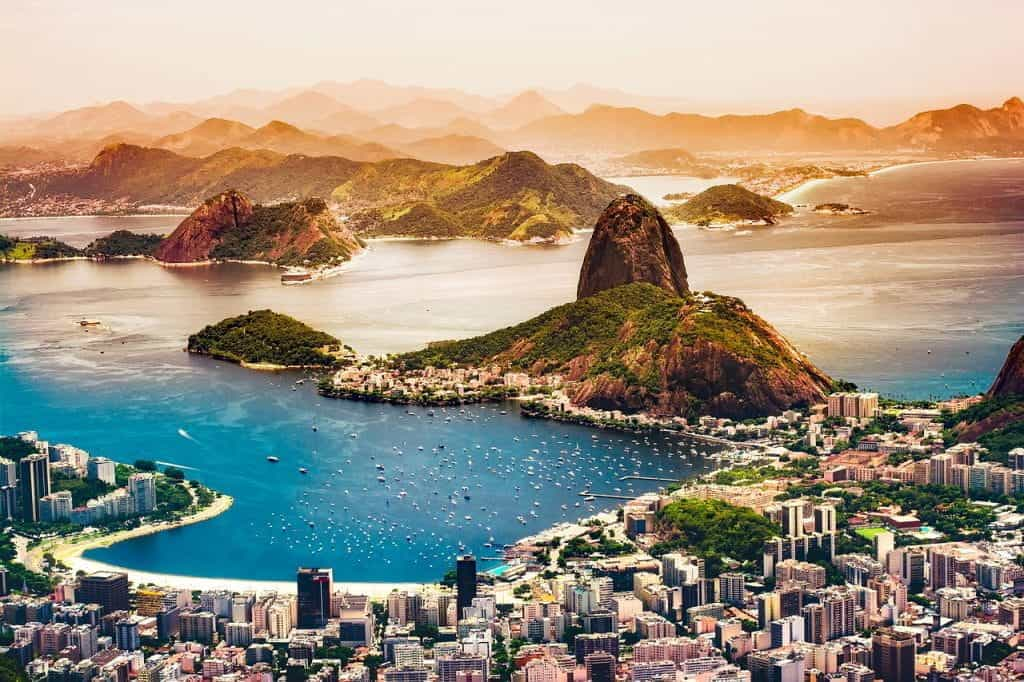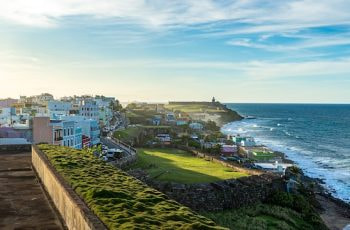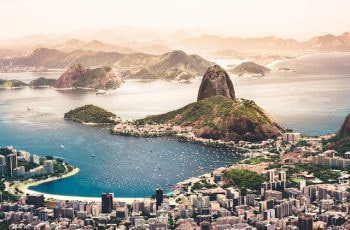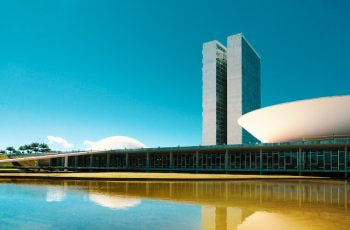A Raise in Price for Brazil Lottery Tickets
Following the privatization of the Brazil lottery just a few weeks ago, the government has announced that lottery tickets being sold by CAIXA will increase in price by 28.2% on average. The increase came not from the companies now owning the Brazil lottery, but from the lottery’s previous owner, CAIXA.

For the last several years, Brazil has worked to make itself more friendly to the gaming industry, including adjustments to the national lottery to make it privatized and more profitable. ©Pixabay
CAIXA Hikes Prices to Stay in The Game
Many lotteries in Brazil are owned and operated by the country’s national bank, Caixa Economic Federal (or CAIXA). These include incredibly popular lotteries like Quina and Mega Sena, also known as one of the biggest lotteries in the world.
Until a few weeks ago, the national lottery, Lotex, was one among CAIXA’s portfolio of lottery games. Following about a year of negotiations, the national lottery was sold to two US-owned companies, International Game Technology and Scientific Games. In so doing, the national lottery was transformed from public to private, ending a 60-year monopoly on the national lottery by CAIXA and offering big wins to Brazil’s economy.
This new agreement stipulates that the two companies will run Brazil’s Lotex lottery equally between them, with both owning 50% of Lotex for the next 15 years. During this time, they will pay the government seven installments of $25.8 million (BRL103 million).
This is in addition to the initial sale price of $23.8 million (BRL96.9 million).
Finally, the two companies will give 17% of their annual income from the lottery to Brazil’s government. It is easy to see why this arrangement is so favorable: it’s already going to be quite profitable!
Following the sale, CAIXA advocated to raise the prices for their lottery games — totaling eight in all — by an average of 28.2% in the next year.
According to reports, the new prices will be $0.38 for the Loteca and Lotogol (BRL1.50) and $1.13 for Mega Sena (BRL4.50).
Brazil’s Government Approves the Raise
The increased price was approved by SECAP, or the Secretariat of Evaluation, Planning, Energy and Lottery, a division of the Ministry of Finance responsible for overseeing lotteries (in addition to their other work).
In a statement, SECAP referenced that the prices for lottery tickets in Brazil had not been updated since 2015.
Pointing to the economic promise offered by the recent sale, SECAP representatives suggested these increased prices were “motivated by the prospect of sustainable economic growth in the coming years and by the opening and expansion of the national lottery market ahead of next year.”
What’s more, they continued, the new prices would help CAIXA continue to compete with the new faces on the Brazil lottery market running Lotex.
What Is CAIXA?
CAIXA is a major bank in Brazil, first founded by Emperor Dom Pedro II in 1861.
According to the bank’s website, CAIXA had set a goal to be “among the three largest Brazilian banks by 2022” — a feat they’ve since well accomplished, being not just the third biggest bank in Brazil but even the fifth-biggest bank in all of Latin America.
In addition to banking and lotteries, CAIXA operates several public funds, ranging from the Social Development Fund to the Social Housing Guarantee Fund and the Student Funding Program.
The money CAIXA receives through its lotteries are distributed to various government programs as well, such as elementary school educations and amateur sports.
The Tremendous Success of the Brazil Lottery Continues
In the second quarter of 2019 alone, the lottery in Brazil had grown 52.6% from what it was at that time the year before.
Particularly promising for CAIXA, even after the sale of Lotex, was the success of Mega Sena, which swelled to earning more than twice what it had in the second quarter of 2018.
Still, for Brazil, this is nothing new: the Mega Sena is already tremendously popular. This is likely because the Mega Sena offers a larger jackpot than any other country in Latin America, making for a very popular national game.
An Upward Trend Across Brazil’s Gaming Market
As recently as 2007, the Supreme Court of Brazil made gaming in any form illegal.
In just ten years, the gaming industry in Brazil has come a long way.
In December 2018, then-President Michel Temer set in place a new law which allowed for greater leniency with sports betting. President Temer’s law remained quite vague and failed to live up to the President’s hopes to establish regulations for online gaming.
Following the election of President Jair Bolsonaro, a populist, gaming regulation and overall friendliness to the gambling market has continued and expanded, which is likely to continue for the course of his four-year administration.
Still, like many other countries, Brazil is working to define its terms for online gaming, which is likely to continue to be a regulatory quandary for the Latin American country’s gambling market.
The popularity of sports in Brazil, as well as growing cultural familiarity with mobile betting apps, bustling major cities, the promise of an attractive tourist economy, and, perhaps most important of all, a welcoming government, Brazil has made itself a promising new home to the gaming market for Latin America.
The Sleeping Giant: Around the World, Brazil Gains Attention
As Brazil’s government continues to regulate in favor of gaming market expansion, international mega-players in the gaming world are paying attention.
In a recent speech at the Macau Global Tourism Economic Forum, billionaire heiress and owner of MGM Macau Pansy Ho specifically acknowledged Brazil, saying that the country could quite realistically become home to integrated resort-casinos like the kind seen in Macau.



